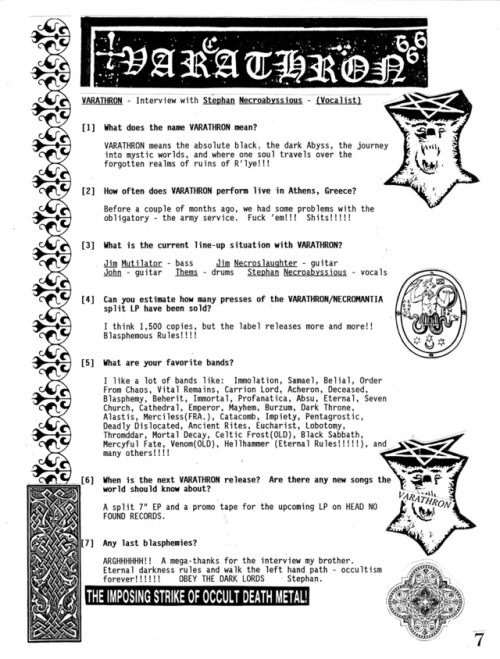

Instead, it lies buried in boxes and cabinets and drawers, in thousands of documents, housed in libraries, archives and collections spread all over the United States, including the private papers of creator Marston-papers that, before I saw them, had never before been seen by anyone outside of Marston’s family. “A strange, veiled woman left it with me.” Brown leaps out of bed and races back to the city desk, where he cries out, parchment in hand, “Stop the presses! I’ve got the history of Wonder Woman!” But Wonder Woman’s secret history isn’t written on parchment. “This parchment seems to be the history of that girl you call ‘Wonder Woman’!” she tells him. Wonder Woman disguises herself as a nurse and brings him a scroll. Brown, gone half mad, is committed to a hospital. In one episode, a newspaper editor named Brown, desperate to discover Wonder Woman’s past, assigns a team of reporters to chase her down she easily escapes them. Unlike every other superhero, she also has a secret history. Like every other superhero, Wonder Woman has a secret identity. Generations of girls have carried their sandwiches to school in Wonder Woman lunchboxes. Aside from Superman and Batman, no other comic-book character has lasted as long. Wonder Woman is the most popular female comic-book superhero of all time. But, really, the name of Wonder Woman’s creator was the least of her secrets. William Moulton Marston, internationally famous psychologist.” The truth about Wonder Woman had come out at last. The identity of Wonder Woman’s creator had been “at first kept secret,” it said, but the time had come to make a shocking announcement: “the author of ‘Wonder Woman’ is Dr. In the summer of 1942, a press release from the New York offices of All-American Comics turned up at newspapers, magazines and radio stations all over the United States. “Noted Psychologist Revealed as Author of Best-Selling ‘Wonder Woman,’” read the astonishing headline. "Wonder Woman is not sufficiently dressed," one bishop groused.

The sheer quantity of content here could make it a very tempting purchase, and it is available from Afterlife’s website.As soon as Wonder Woman appeared in Sensation Comics, beginning with her cover debut in 1942, she caused a stir. Deadhead Fanzine 6.66 also understandably devotes some space to Malaysian underground metal in particular, featuring interviews with bands from all over the country. Morbid Angel headlines, with former members Mike Browning and Richard Brunelle talking about the band’s earliest days, and the latter also makes his way to the front cover. Besides the usual reviews, articles, and etc, the major selling point is likely the dozens of included interviews with both well known and more underground metal bands. This Malaysian label (calling themselves “Asia’s last stand for conservative metal literature”) has compiled an substantial quantity of metal literature into a package that’s apparently more like a paperback book than a simple magazine. Afterlife Productions has recently released the latest issue of Deadhead Fanzine.


 0 kommentar(er)
0 kommentar(er)
